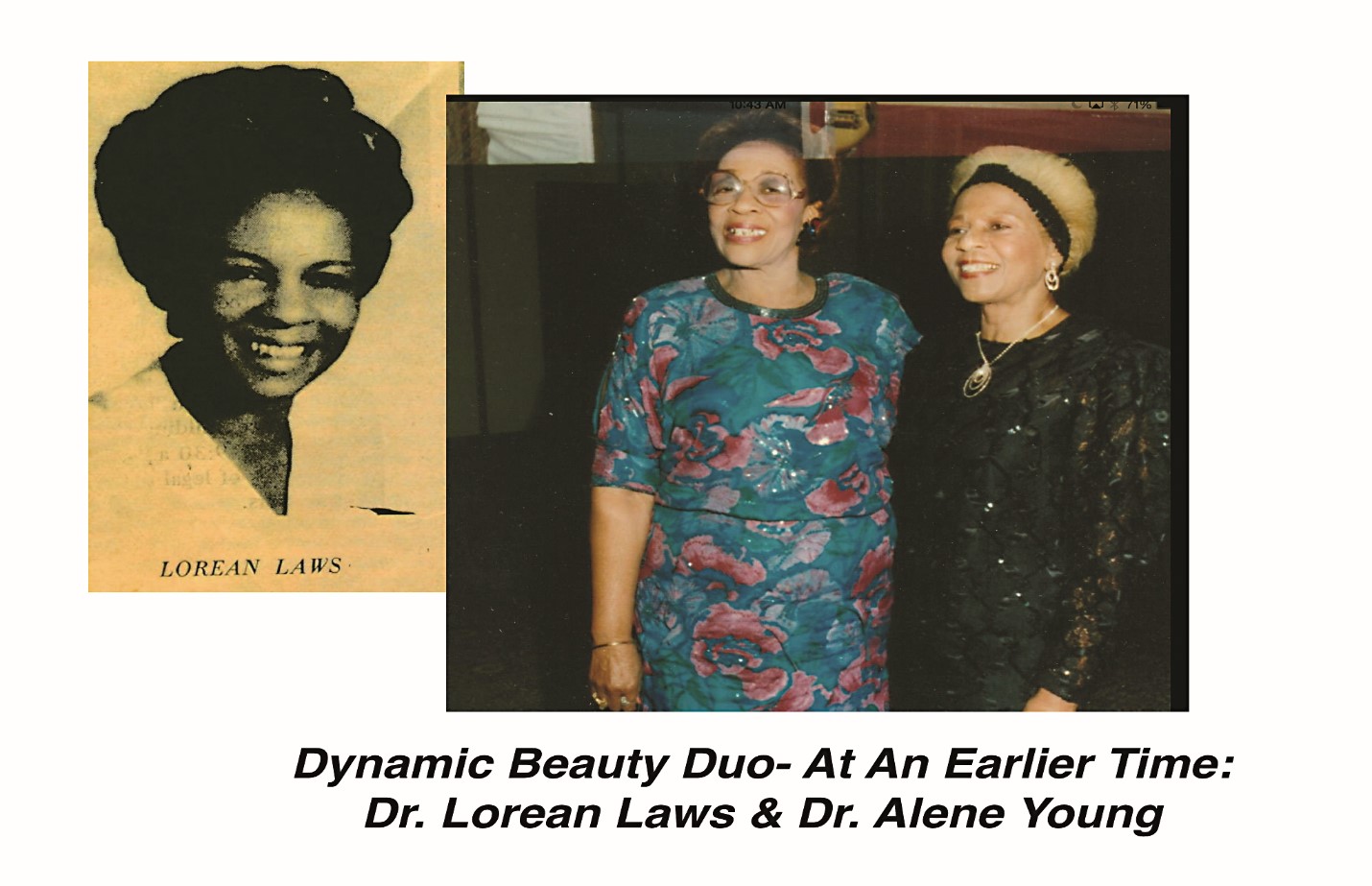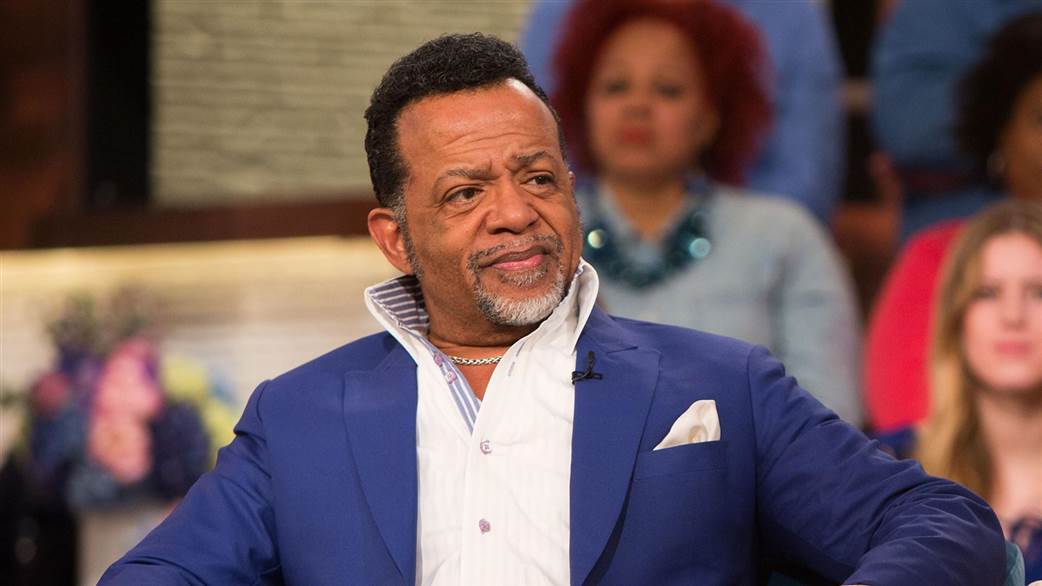

The Gist
SQ 788 would legalize medical marijuana and set up a system to tax and regulate its use. The law would allow individuals to apply for a license to grow and buy marijuana. The application would require a doctor’s signature, but there are no restrictions on what conditions marijuana may be prescribed for. The state question also creates a licensing process for marijuana dispensaries, commercial growers, processors, and transporters, and it directs the state to create rules for the preparation and labeling of edible marijuana products.
 SQ 788 would allow license holders to possess up to 8 ounces of marijuana, 6 mature marijuana plants, and 6 seedling plants, as well as 1 ounce of concentrated marijuana and 72 ounces of edible marijuana. Medical marijuana sales would be subject to a seven percent sales tax, with the proceeds used to finance marijuana regulation. If collections exceed expenses for regulation, the excess revenue would be divided between common education (75 percent of excess revenue) and drug and alcohol rehabilitation (25 percent). The law also prohibits discrimination against people with a medical marijuana license.
SQ 788 would allow license holders to possess up to 8 ounces of marijuana, 6 mature marijuana plants, and 6 seedling plants, as well as 1 ounce of concentrated marijuana and 72 ounces of edible marijuana. Medical marijuana sales would be subject to a seven percent sales tax, with the proceeds used to finance marijuana regulation. If collections exceed expenses for regulation, the excess revenue would be divided between common education (75 percent of excess revenue) and drug and alcohol rehabilitation (25 percent). The law also prohibits discrimination against people with a medical marijuana license.
Background Information
If SQ 788 passes, Oklahoma would join 29 states that have legalized medical marijuana. Because SQ 788 would change state statutes rather than amend the state constitution, the Legislature could change the law with a simple majority vote. The regulations set out by SQ 788 mirror the laws of California, which is the only state that currently allows medical marijuana but does not specify qualifying medical conditions.
In 2016, the advocacy group Oklahomans for Health submitted 67,761 valid signatures for the petition, just over the 65,987 signature requirement. Litigation over the wording of the ballot title delayed the question being certified for the ballot for 2016. In January 2018, Governor Mary Fallin put the question on the ballot for June 26, 2018, the day of primary elections.
The Oklahoma Legislature considered several proposals to amend SQ 788 during the 2018 session, but none passed. Legislators have signaled that they could call a special session to amend the law if it is approved by voters in June.

Ballot Language
“This measure amends the Oklahoma State Statutes. A yes vote legalizes the licensed use, sale, and growth of marijuana in Oklahoma for medicinal purposes. A license is required for use and possession of marijuana for medicinal purposes and must be approved by an Oklahoma Board Certified Physician.
The State Department of Health will issue medical marijuana licenses if the application is eighteen years or older and an Oklahoma resident. A special exception will be granted to an applicant under the age of eighteen, however these applications must be signed by two physicians and a parent or legal guardian.
The Department will also issue seller, grower, packaging, transportation, research and caregiver licenses. Individual and retail businesses must meet minimal requirements to be licensed to sell marijuana to licensees.
The punishment for unlicensed possession of permitted amounts of marijuana for individuals who can state a medical condition is a fine not exceeding four hundred dollars. Fees and zoning restrictions are established. A seven percent state tax is imposed on medical marijuana sales.”










